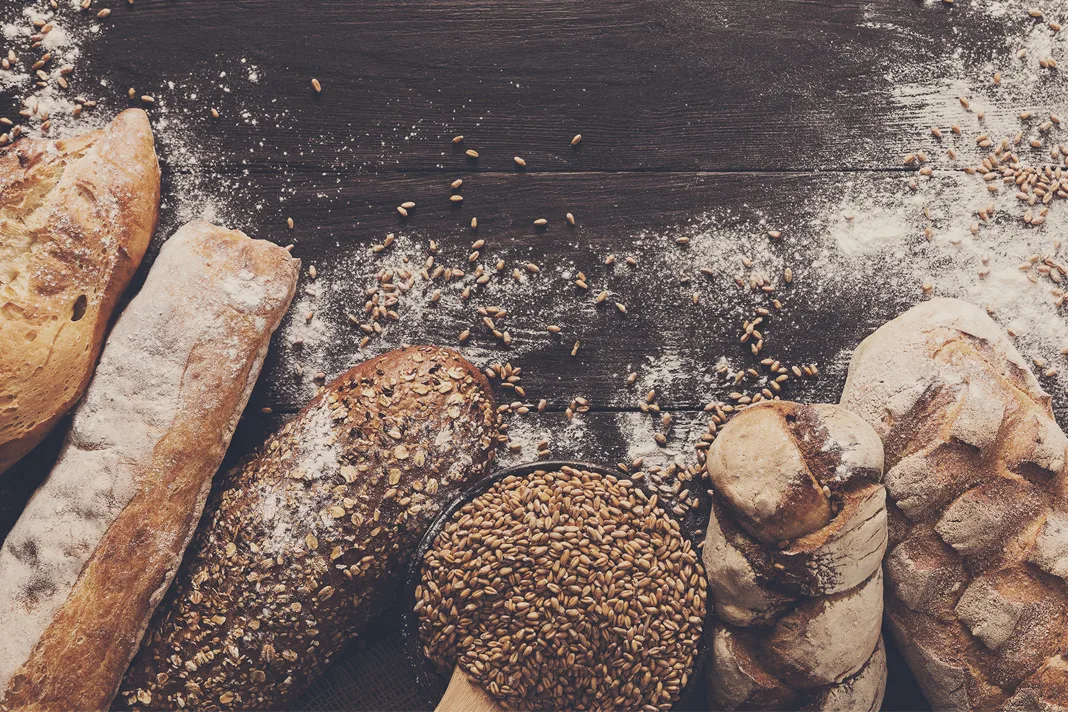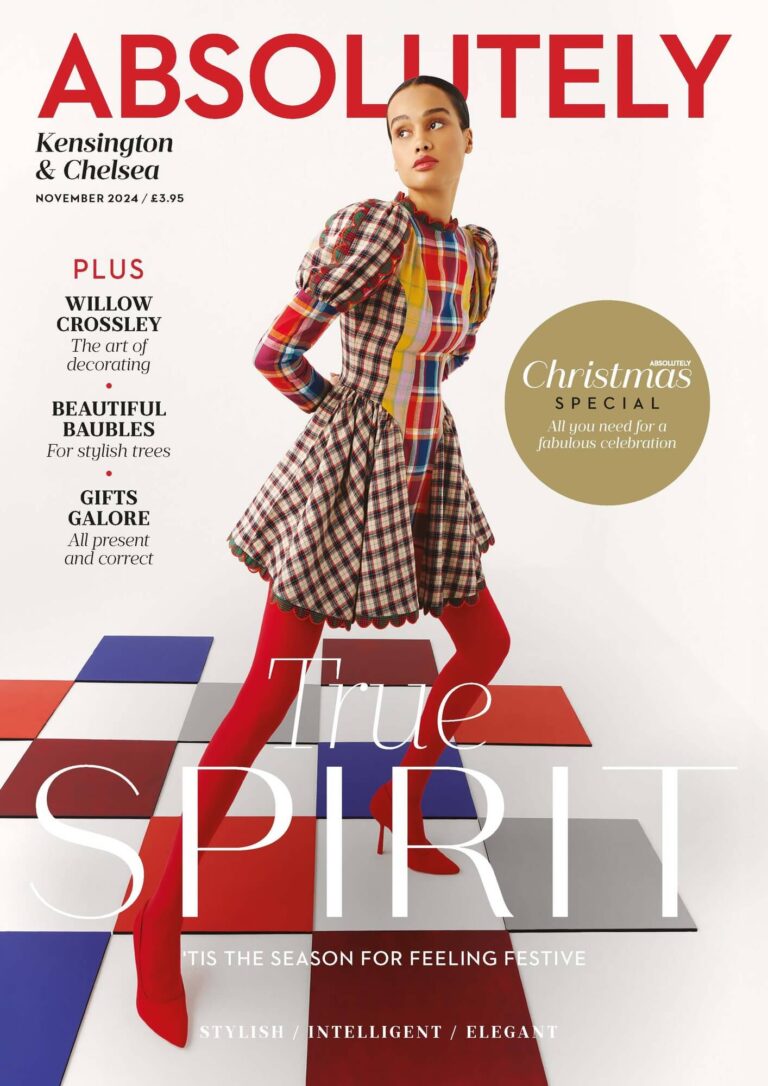Whether you’re a coeliac, intolerant or just want to change-up your eating habits – discover our top tips for implementing a gluten-free diet in your life
Words Joy Montgomery
KNOW YOUR FOOD LABELS
Reading food labels is one of the first skills you have to learn when starting a gluten free diet. Luckily for us, all packaged food in the UK and the EU is covered by a law which means you can tell whether a product is suitable for a gluten-free diet by reading the ingredients list. Specific grains will be listed so look out for ingredients such as wheat, rye, barley, oats, spelt and Kamut.
BE AWARE OF CROSS CONTAMINATION
Even a small trace of gluten can cause symptoms for people with coeliac disease. The best way to avoid this is to use separate spreads and jams, invest in toaster bags and wash down kitchen surfaces before use. Also be conscious of what pans and utensils you’re using when cooking multiple dishes.
DON’T RULE OUT EATING OUT
Contrary to what people might think, going gluten-free doesn’t mean you have to forgo meals out. The trick is to pick restaurants that are either gluten free accredited or have been tried and tested by reputable sources (coeliac uk is useful for this). It’s also good to communicate clearly to the waiter, detailing your dietary needs and explaining exactly what you can and can’t eat.
DON’T FORGET NATURALLY GLUTEN FREE FOODS
The healthiest way of eating gluten-free is to opt for foods which are naturally gluten-free. The trouble with many pre-packaged gluten free products is that they’re packed with additives and sugar. If you do eat packaged foods, choose items with the least number of ingredients. Obviously all fruit, veg and meat are naturally gluten-free, but there are also great alternatives for the tricky grain category. Rice, quinoa, buckwheat, teff, amaranth, corn, tapioca are just some of the options available.
LOOK OUT FOR GF ALTERNATIVES
Yes, we know we just told you avoid pre-packed products, but there are some GF food staples, such as bread, pasta and oats, that you might want to embrace for practicalities sake. Luckily, with gluten-free diets becoming more mainstream, there are an abundance of options including supermarket own brands. Genius and Schar are good brands to look out for.
EXPERIMENT IN THE KITCHEN
It often takes time to adjust to a GF diet – avoiding your favourite baked goods can be a big hurdle to overcome – but just see it as an opportunity to re-discover home baking. There are countless food bloggers and cookery books around which are packed full of GF recipe ideas. Most things are easy to translate (hooray for GF flour) so it’s just a case of experimenting.







